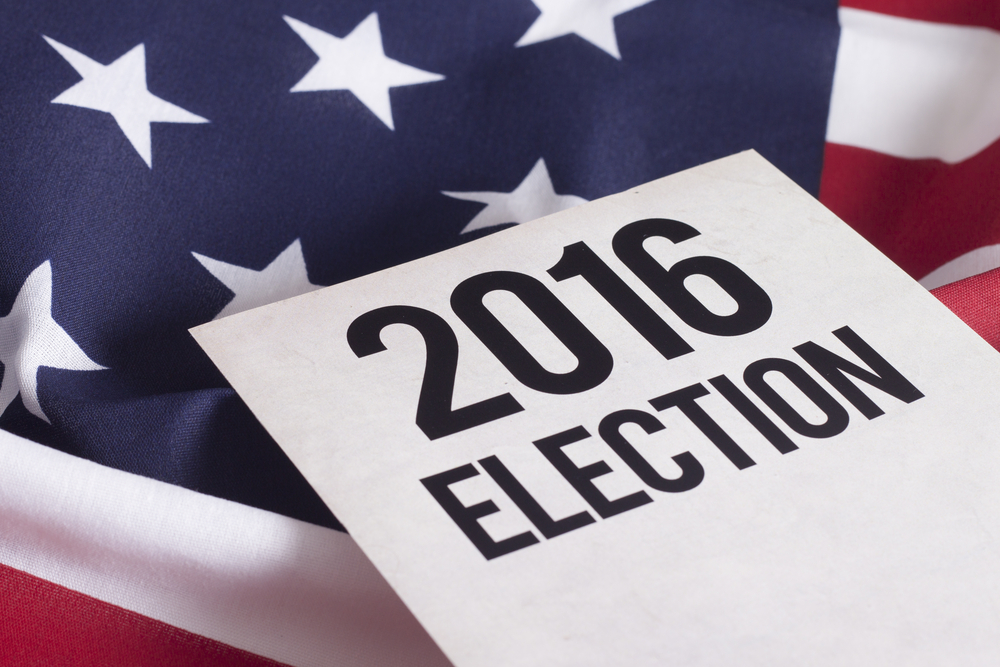
By BRANDON LARRABEE
THE NEWS SERVICE OF FLORIDA
U.S. Sen. Marco Rubio, the Republican incumbent, will face Democratic Congressman Patrick Murphy in November in a high-profile race that could decide control of the Senate.
As votes continued to roll in Tuesday night, Rubio and Murphy were both cruising against their primary opponents.
With 87.5 percent of precincts reporting, Rubio was leading developer Carlos Beruff by roughly 53 percentage points — carrying almost 71.9 percent of the vote to Beruff’s 18.7 percent. Two other minor candidates drew the rest.
On the Democratic side, Murphy had almost 58.9 percent of the vote, with fellow Congressman Alan Grayson getting 17.7 percent and attorney Pam Keith drawing 15.4 percent. The rest of the votes were divided among two other candidates.
Setting a tough tone for the November general election, Murphy zeroed in on Rubio’s voting record during remarks to supporters. During a failed bid for the presidency, Rubio had one of the lowest attendance marks in the Senate.
“Marco Rubio is the worst of Washington, because he puts himself first every time,” Murphy said.
The Democratic nominee also needled Rubio over the latter’s repeated resistance to promising to serve a full six-year term in the Senate, rather than running for president again, if re-elected. Rubio recently told CNN that “no one can make that commitment.”
“Guess what, senator?” Murphy said Tuesday. “I’ve got two words for you: I can.”
Republicans returned fire. U.S. Sen. Roger Wicker, R-Miss., blasted Murphy in a statement congratulating Rubio for his victory.
“(Rubio’s) work ethic and positive vision for Florida and America stand in stark contrast to Privileged Patrick Murphy, who has been exposed for repeating falsehood on falsehood about every aspect of his professional life prior to his career in politics,” said Wicker, chairman of the National Republican Senatorial Committee. “After spending the summer running from scandal and avoiding voters, Murphy has given Floridians little reason to believe he’ll work on their behalf in Washington.”
The GOP primary victory marked the latest turn in a tumultuous year for Rubio, who began 2016 as one of the front-runners for the Republican presidential nomination before being swept away by the wave of support for real-estate developer Donald Trump. Rubio, who vowed that he would not pursue a second term in the Senate, then reversed course and ran for re-election.
That chased away every major Republican opponent except Beruff, who had never run for elected office. Despite a blunt style that was similar to Trump’s, Beruff never gained traction against Rubio.
The Democratic race was expected to be closer, with Grayson drawing on his support among progressive activists to topple the centrist Murphy. Murphy was also dogged by questions about whether he had exaggerated aspects of his biography.
But Grayson’s campaign was essentially capsized when his ex-wife accused him of domestic violence. Grayson denied the allegations, but at least two progressive groups withdrew their support and Murphy cited the reports as a reason not to debate Grayson.
The general election in Florida, the largest swing state in a presidential year, is expected to be critical to Democratic hopes to recapture the majority in the Senate. Republicans are defending 24 seats in the 2016 election, compared to 10 Democratic seats that go before voters. The GOP currently holds a total of 54 seats, while Democrats and two independents who usually vote with them have 46.



